Ah, procrastination. It’s something we’ve all been guilty of at some point. But when you’re the leader of the free world, delaying decisions can have monumental consequences. Let’s dive into some instances where U.S. presidents, for various reasons, hit the proverbial snooze button on crucial matters.
Table of Contents
James Madison: The War of 1812

Madison, the fourth president of the United States, faced a daunting challenge when considering war against Britain. His hesitation in preparing the nation resulted in a military that was ill-equipped to face a dominant British force.
This lack of foresight and preparation was akin to a student cramming the night before a major exam. The outcome? The British burned down the White House. It’s like training for a sprint but being forced into a marathon; the nation was unprepared for the long haul.
Abraham Lincoln: Emancipation Proclamation
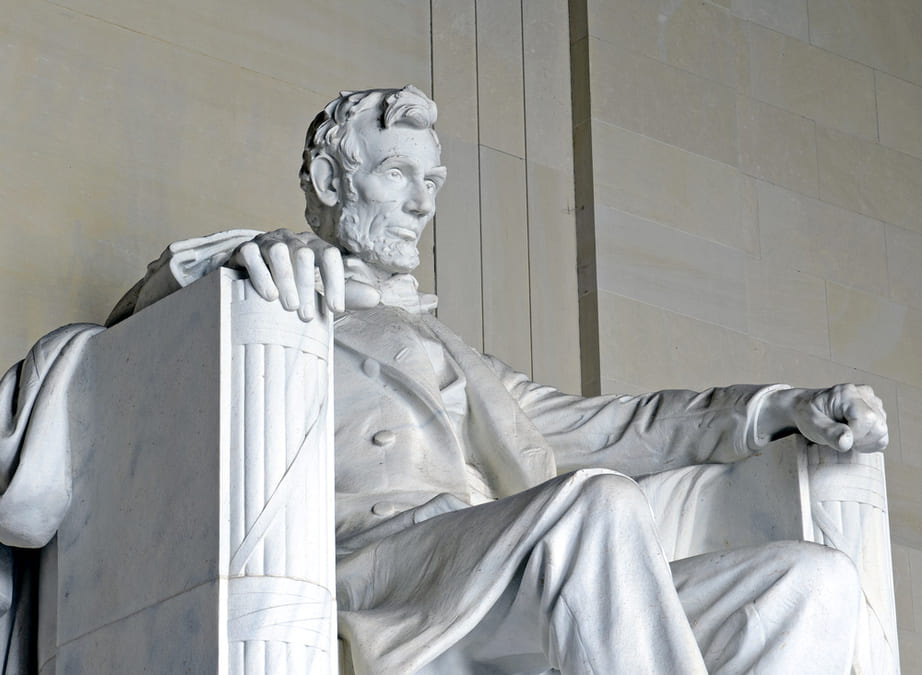
Lincoln, often hailed as one of America’s greatest presidents, had a monumental decision on his hands: to free the slaves or not. His initial delay stemmed from a desire to keep the Union intact without resorting to emancipation.
This hesitancy can be compared to a parent delaying a pivotal talk with their child, hoping the issue might dissipate on its own. However, as tensions mounted, Lincoln realized the inevitable and made a choice that would change the nation forever.
Joe Biden: Handling of Inflation
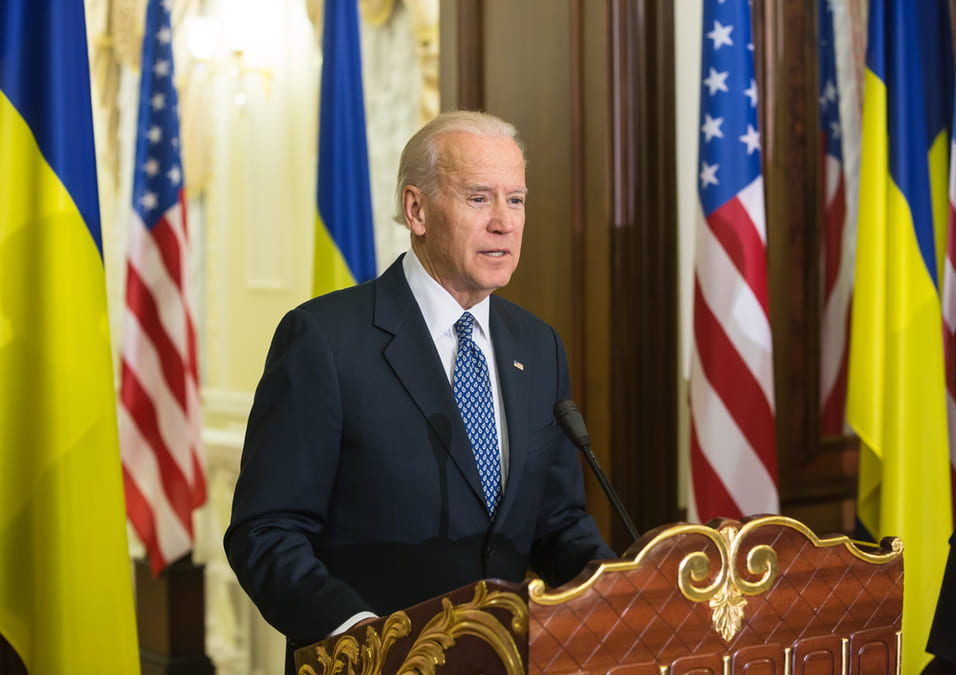
Economic challenges also marked Biden’s tenure, with rising inflation becoming a significant concern for many Americans. Prices for everyday goods, from groceries to gas, saw noticeable hikes. While global factors played a role, critics pointed to the administration’s fiscal policies as exacerbating the issue.
It’s akin to a car’s accelerator getting stuck; even if unintentional, the speeding vehicle poses risks, and swift action is needed to regain control.
Franklin D. Roosevelt: Entering World War II
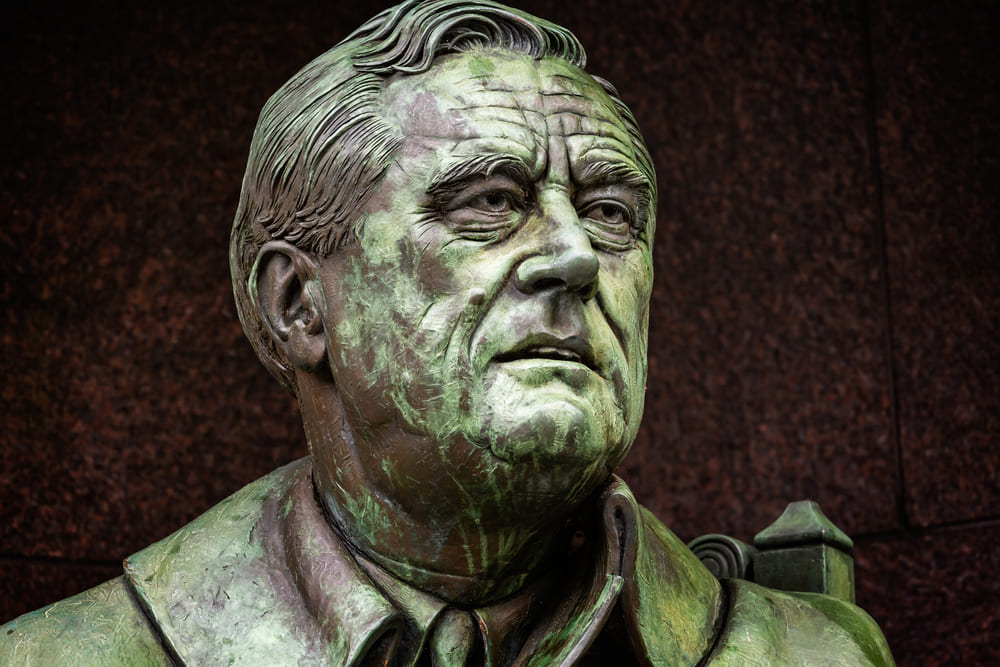
The world was in turmoil, and the U.S. faced a significant decision: to intervene in World War II or remain isolated. FDR, sensing the nation’s reluctance to enter another global conflict, delayed direct confrontation with the Axis Powers.
This delay can be likened to a student seeing the deadline for a project but procrastinating until the eleventh hour. By the time the U.S. entered the war post-Pearl Harbor, the stakes had dramatically escalated.
John F. Kennedy: The Bay of Pigs Invasion
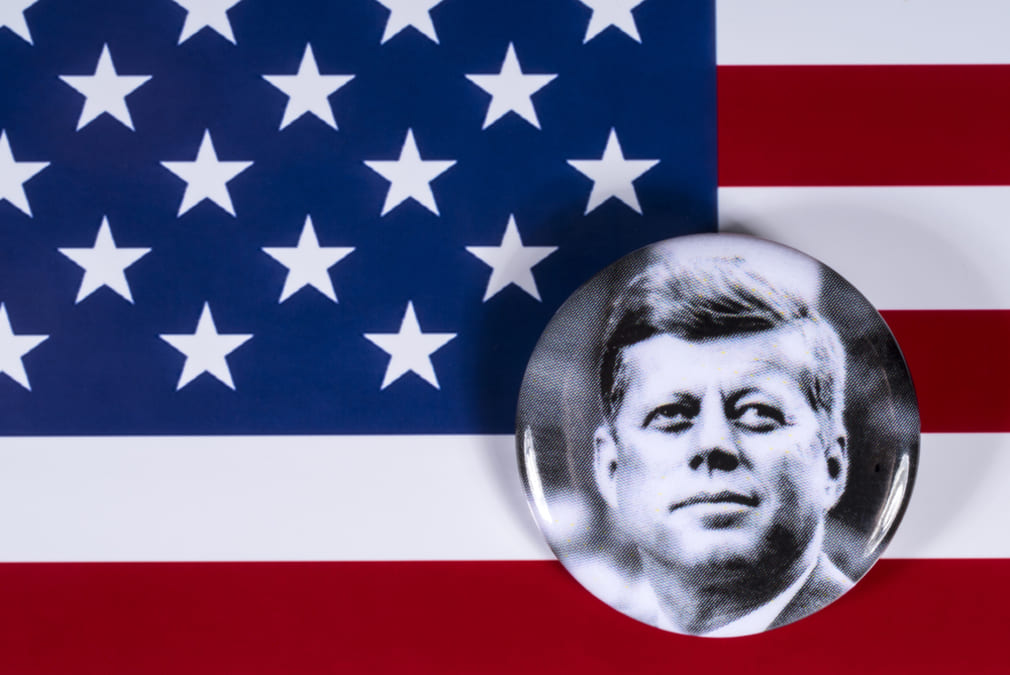
The early 1960s were a time of heightened Cold War tensions. JFK, the charismatic young president, faced a significant test with the Bay of Pigs Invasion. His indecisiveness and lack of full support for the Cuban exiles led to a catastrophic failure.
It’s similar to organizing a grand event but forgetting to send out the invitations. The repercussions of this botched invasion were felt throughout his presidency and played a role in the subsequent Cuban Missile Crisis.
George W. Bush: Responding to Hurricane Katrina
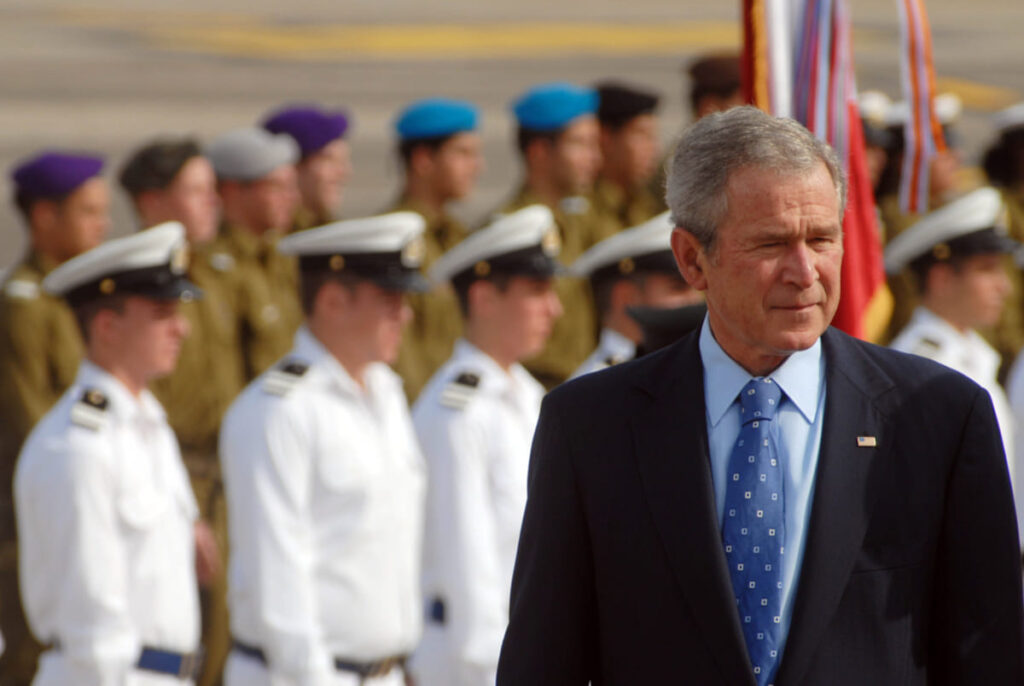
Natural disasters test the mettle of any leader. When Hurricane Katrina struck in 2005, the devastation was unparalleled.
However, the response from Bush’s administration was slow and often criticized as inadequate. This delay in action can be compared to hearing a fire alarm but taking your time to evacuate. The aftermath of Katrina left a blemish on Bush’s presidency, with many feeling that their pleas for help fell on deaf ears.
Barack Obama: Syrian Civil War
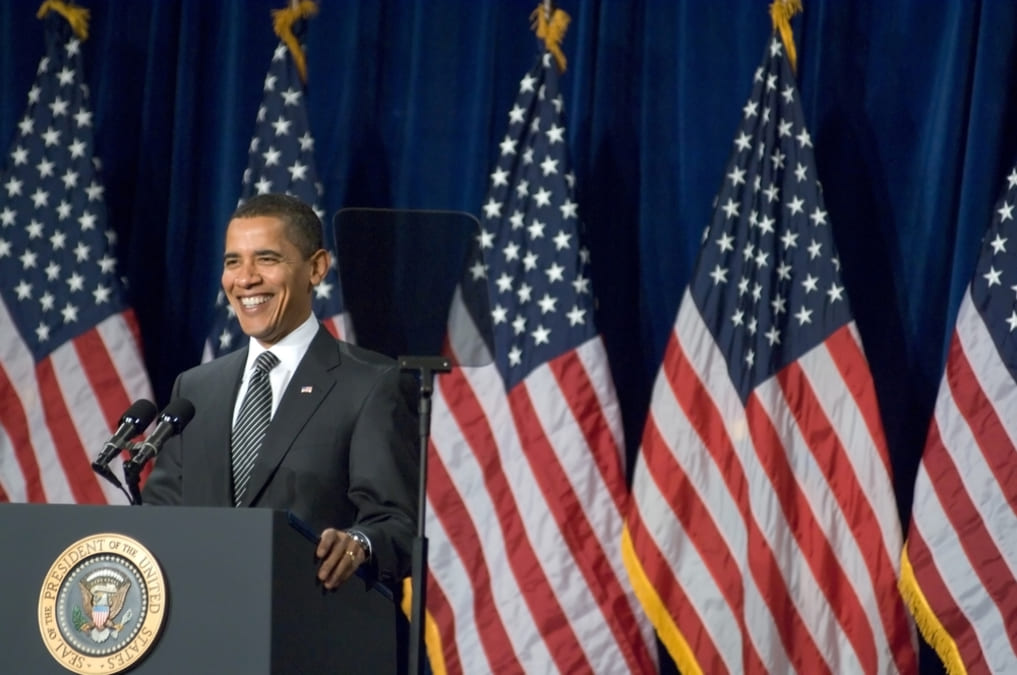
The Syrian Civil War, a humanitarian catastrophe, presented a significant foreign policy challenge for Obama. His administration’s hesitancy to intervene or adopt a decisive stance in the conflict’s early stages allowed the situation to deteriorate rapidly.
This reluctance can be likened to a lifeguard witnessing a swimmer in distress but hesitating to dive in immediately. The ramifications of this indecision reverberated globally, leading to a refugee crisis and the rise of extremist groups.
Donald Trump: COVID-19 Pandemic
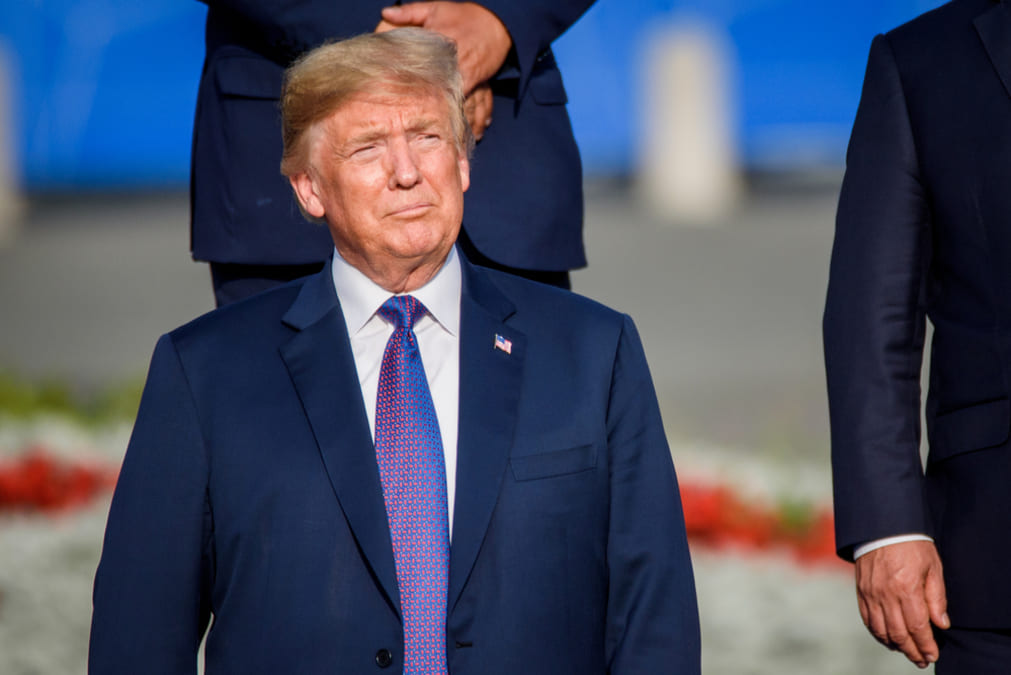
The world was unprepared for the onslaught of the COVID-19 pandemic, and the Trump administration’s initial response was no exception. Delays in rolling out testing, coupled with attempts to downplay the virus’s severity and inconsistent messaging, left many Americans feeling adrift.
This approach can be compared to a captain ignoring the iceberg warnings on the Titanic. The consequences of this delayed response were felt deeply, with the U.S. experiencing significant morbidity and mortality rates.
Joe Biden: Afghanistan Withdrawal

The decision to withdraw American troops from Afghanistan after two decades was a monumental one. While the intent behind Biden’s decision was to end the “forever war,” the execution was widely criticized.
The rapid Taliban takeover and the chaotic evacuation that ensued resembled a student cramming the night before an exam, leading to avoidable mistakes and oversights.
George H.W. Bush: Economic Recession

The early 1990s saw the U.S. grappling with an economic recession. President George H.W. Bush, despite his foreign policy successes, struggled to address domestic economic concerns effectively.
His perceived inaction regarding the economy can be likened to a doctor focusing on a patient’s minor symptoms while overlooking a significant underlying condition. This economic downturn and the perceived lack of response played a role in his failure to secure a second term.
Jimmy Carter: Iranian Hostage Crisis
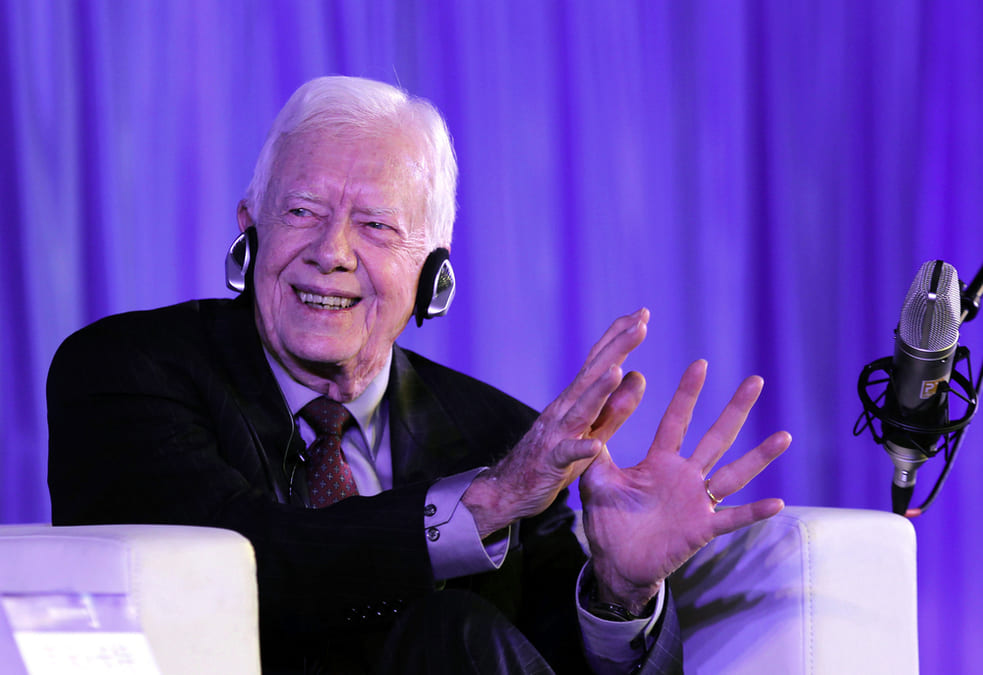
The Iranian Hostage Crisis was a significant blot on Carter’s presidency. The prolonged captivity of 52 American diplomats and citizens, lasting 444 days, and the failed rescue attempt, painted a picture of indecisiveness and ineffectiveness.
It’s akin to a firefighter struggling to control a blaze, only to see it spread further. The crisis and Carter’s handling of it were significant factors in his re-election defeat in 1980.
Joe Biden: Border Crisis

The Biden administration faced significant challenges at the U.S.-Mexico border. An increase in the number of migrants, including unaccompanied minors, led to overcrowded detention facilities and strained resources. Critics argued that Biden’s policies and messaging inadvertently encouraged the surge. This situation can be likened to a dam with increasing cracks; despite efforts to patch them, the pressure continues to mount, leading to potential breaches.
While presidents are only human and can’t foresee every outcome, these moments of delay have had lasting impacts. It’s a reminder that in leadership, timing can be everything. Sometimes, waiting too long can change the course of history.








